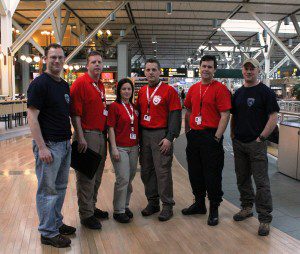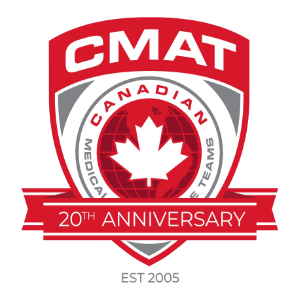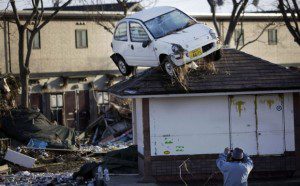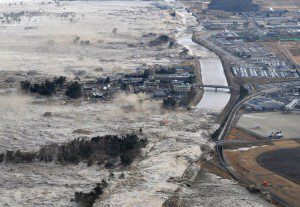
CMAT and IMAT Rapid Assessment Team checking in at YVR. L-R: Ian Burkheimer (IMAT), Dave Johnson (CMAT Team Leader), Kelly Kaley (CMAT), Kevin Sanford (CMAT), Ryan Thorburn (CMAT), Brett Martinson (IMAT).
Sunday, March 13, 2011 – CMAT assessment team has departed from Vancouver and is travelling to earthquake and tsunami ravaged Japan.
Depending on the assessment findings, the team would be the first of many which would rotate through Japan to provide much needed medical assistance and support to the local Japanese affected by the devastating quake and tsunami. It is estimated that as many as 10,000 persons may have died. Countless other Japanese are in need of assistance – food, water, shelter and medical support.





